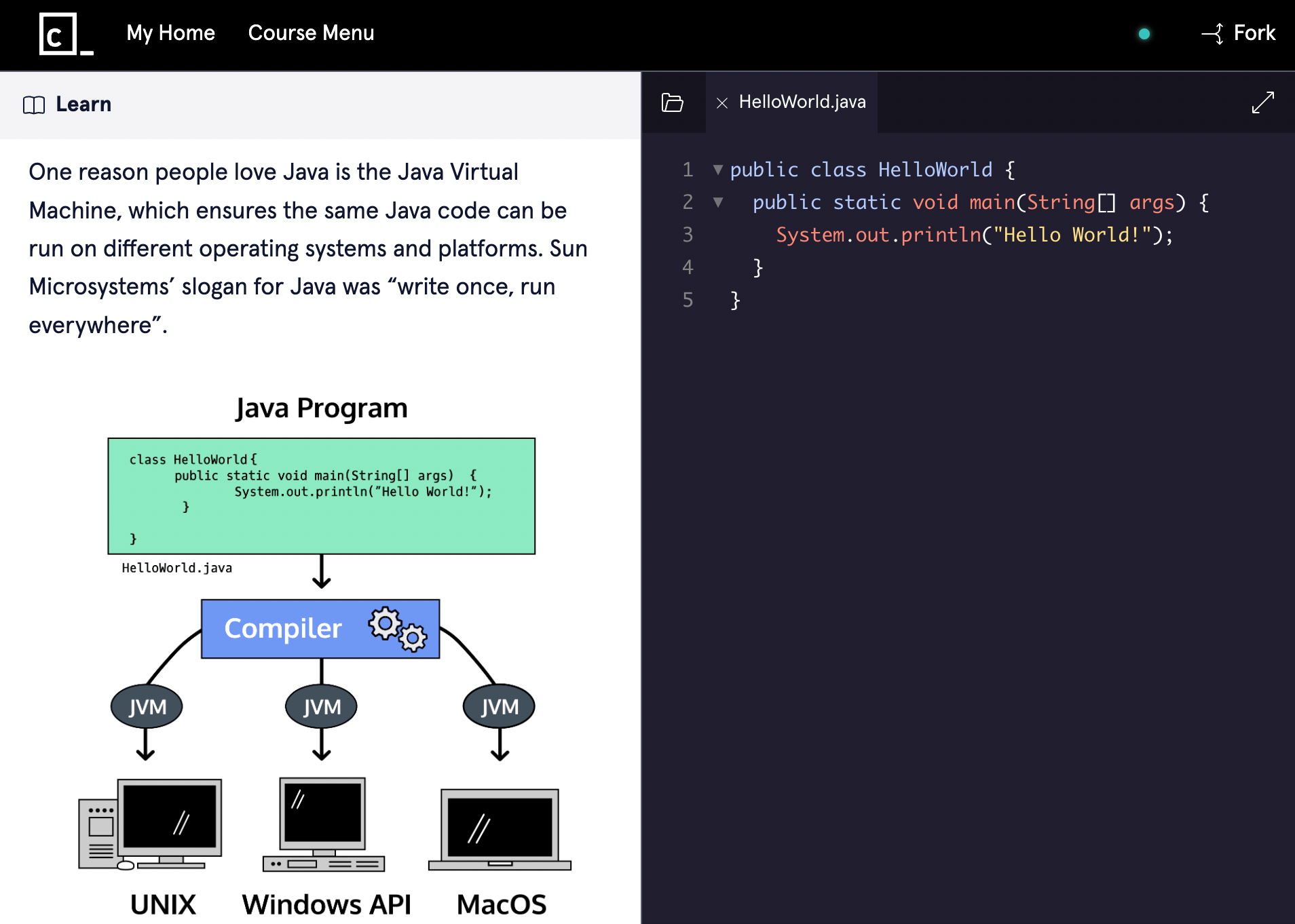Teaching Students to Be Self-Directed
 At the heart of adult education is an underlying principle of adults as self-directed learners. This principle refers to an adult’s ability to take responsibility for their involvement in the process of learning and more importantly it emphasizes an adult’s interest in participating in this process because of their personal and professional needs. Self-directed learning also aligns with the theory of andragogy, which makes a distinction between teaching adults and teaching children. A challenge for instructors is working with adults who are not yet fully self-directed because of a lack of academic skills and experience. An instructor can recognize and address adult learners that need guidance about becoming self-directed through a pattern of behaviors demonstrated throughout the class.
At the heart of adult education is an underlying principle of adults as self-directed learners. This principle refers to an adult’s ability to take responsibility for their involvement in the process of learning and more importantly it emphasizes an adult’s interest in participating in this process because of their personal and professional needs. Self-directed learning also aligns with the theory of andragogy, which makes a distinction between teaching adults and teaching children. A challenge for instructors is working with adults who are not yet fully self-directed because of a lack of academic skills and experience. An instructor can recognize and address adult learners that need guidance about becoming self-directed through a pattern of behaviors demonstrated throughout the class.
When students begin a class they are often viewed as a collective whole, which means they are seen as responsible adults who will have the personal initiative necessary to take responsibility for their involvement in the process of learning. As the class progresses instructors can begin to recognize specific behavioral patterns that help to distinguish and define each adult student’s developmental needs. One of the first indicators that an adult has not learned to become self-directed is that they approach situations from a reactive position. These students often believe or have a perception that everything is beyond their control. This means that they have not learned to take ownership for what they can control and they often seek exception to the rules, which may include assignment due dates.
Another indication that an adult student has not learned to become self-directed in their approach to learning is that they are often resistant to procedural aspects of the class, including the feedback provided. When students receive guidance about areas of development it is expected that they will process this information and address the issues discussed. As students learn to take responsibility for their own progress they are likely to embrace this type of feedback rather than view it from an adversarial perspective. They will also be familiar with classroom policies and procedures, and establish a plan that allows them to be prepared to meet all requirements.
When an instructor finds an adult who does not take personal responsibility for their work as a student and lacks personal initiative, the best approach to take is to teach the student about expectations by maintaining a supportive instructional approach, while upholding and enforcing all required policies. It may be helpful to have a one-on-one conversation with these students, especially those students who are new to the process of learning. As these adults discover that resistance and requests for exceptions do not generate a positive result they will learn in time to take responsibility for their involvement in the class and this will teach them how to become self-directed learners.



